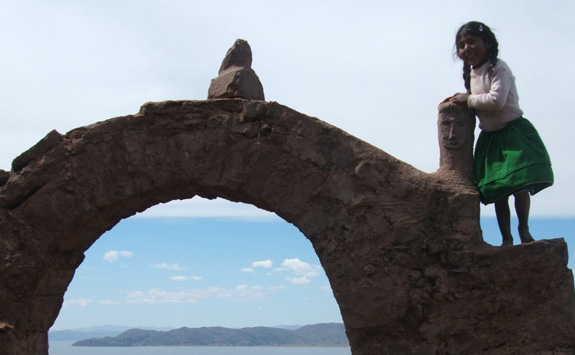Making a Difference
We collaborate with the public, business and charity sectors.
Impact in the community
We also seek to make a difference in our Newcastle University, North East regional and wider UK communities. This includes staff and student engagement in the iconic VAMOS festival.
We support alumni and student-led initiatives such as the Real Translation Project.
We work with Colombian human rights lawyers, and the activities of the International Development Society.
Research Excellence Framework
This national research monitoring exercise seeks to identify how research can have an impact on our wider society in a range of ways and contexts.
The CLAC work used as impact case studies ranged from:
- water pollution
- management and politics in Latin America
- the role of choral-orchestral composition in a major music-educational project in Bolivia
This indicates the thematic diversity of CLAC research.
Cleaning up mine water pollution
Jaime Amezaga, Civil Engineering
Precious freshwater systems are being polluted every day by the metals discharged by active and abandoned mines.
A Newcastle team, led by Dr Jaime Amezaga and Dr Adam Jarvis has shaped international guidelines on mining pollution management. This has impacted policy and practice at a national and regional level.
Already the daily practice of thousands of professionals worldwide is informed by the research. This has helped shape the Global Acid Rock Drainage Guide.
This guide is an initiative of the world’s major mining houses. It is the first comprehensive international document on mining pollution management.
The value of the work came to the fore during one of Peru’s most high profile mining conflicts at Tintaya mine in Espinar. This centred around issues of alleged pollution and its impact on the local environment.
The Newcastle University team was called upon by the Catholic Agency for Overseas Development. We provided policy advice and technical support to help bring about a resolution to the dispute.
The struggle for material democratisation
Esteban Castro, Sociology
Lack of access to water and sanitation services (WSS) is a long-term material deficit in Latin American democracies.
This has worsened since the 1980s by privatization and commodification policies.
Research at Newcastle since 2005 has played a major role in supporting policy change. It's defended and enhanced public services by providing evidence-based grounds for policy interventions and informed citizen participation.
It has:
- supported the implementation of Brazil’s first National Basic Sanitation Law and Plan for Basic Sanitation
- contributed to campaigns against commodification and privatisation and to re-publicise privatised WSS, improving the quality of public debate
- informed training activities in influential public and civil society organisations
Misa de Corpus Christi
Agustín Fernández, Music
Misa de Corpus Christi is a choral-orchestral composition by Agustín Fernández.
It has been of seminal benefit to Instituto Laredo, a specialist music school in Cochabamba. It is of key significance to the wider community in Bolivia.
It is the focal point of a major music-educational project. The project develops instrumental, vocal, choral and orchestral practice.
The composition has had a direct influence on the personal and professional development of 220 students and teachers from the school.
Performances of the piece were received with enthusiasm and acclaim. Performances have included large (1000+) venues.
Misa is viewed as an emblem of both Instituto Laredo’s success and Cochabamba’s musical achievements.
It represents a pertinent example of the role of 'musicking' in the articulation of cultural identity.
